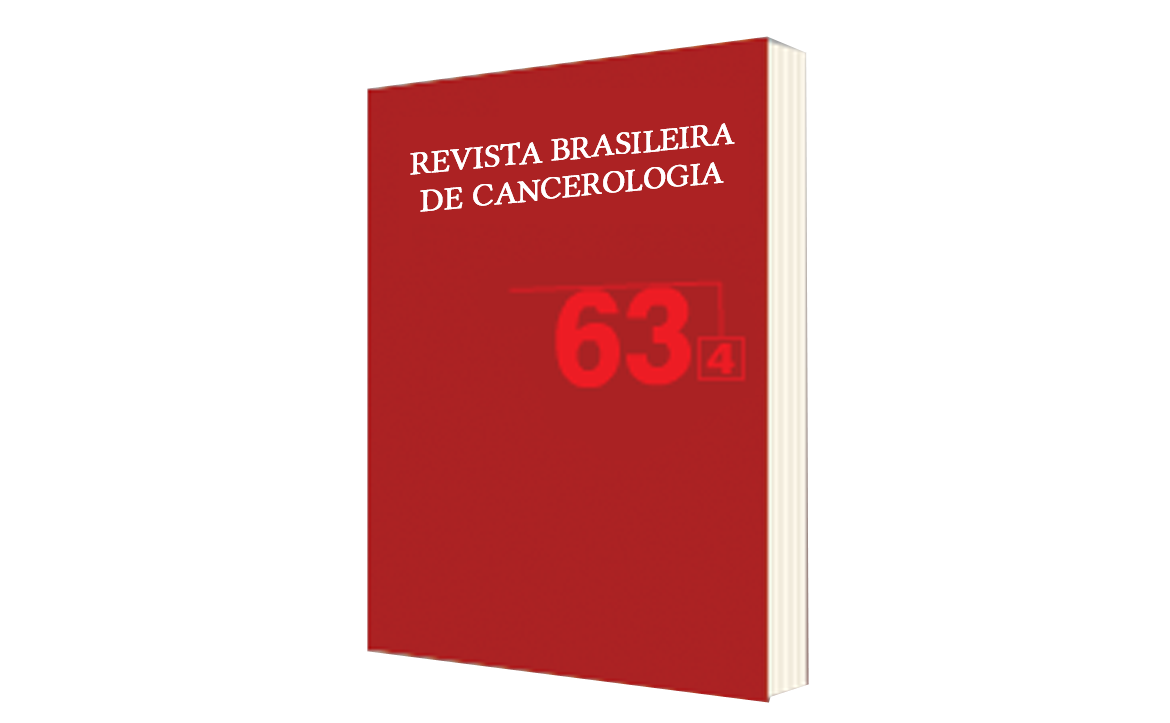Exploratory Analysis of the Information on Staging in the Authorizations of High Complexity Procedure in Brazil and Regions in the Period 2010-2014
DOI:
https://doi.org/10.32635/2176-9745.RBC.2017v63n4.126Keywords:
Neoplasm Staging, Unified Health System, Health Information SystemsAbstract
Introduction: Radiotherapy and chemotherapy are therapeutic modalities for the treatment of cancer. In Brazilian public health system, they require the High Complexity Ambulatory Procedure Authorization (APAC), which has important information about patients and health services. This study aims to do an exploratory analysis of breast cancer stage information. Method: It’s an exploratory and descriptive study on staging of breast cancer in Brazil and regions, reported in the APAC of chemotherapy, from january 2010 to december 2014. The variables that were considered are: Age group, staging, authorization code of APAC, national health card (CNS) and region of the country where the health service is located. Data were obtained through DATASUS's homepage. Results: There were 2,211,456 first APAC referring to 280,379 CNS. APAC with repeated CNS were 98,6% and the ratio between APAC/CNS was 8,7. Of these, 18.1% had staging changes. Conclusion: The clinical staging established at the beginning of treatment should stay unchanged throughout patient's life, according to the recommended norm of APAC. However, it would be of great value to monitor the cases if it were possible to take notes about the progression of the disease and consequently the staging. It was not possible to state whether the observed changes in staging represented disease evolution or information error. Since APAC is a useful source of information for the planning and monitoring of health services, it is important to prioritize the quality of the information without denying the need to improve the system.





